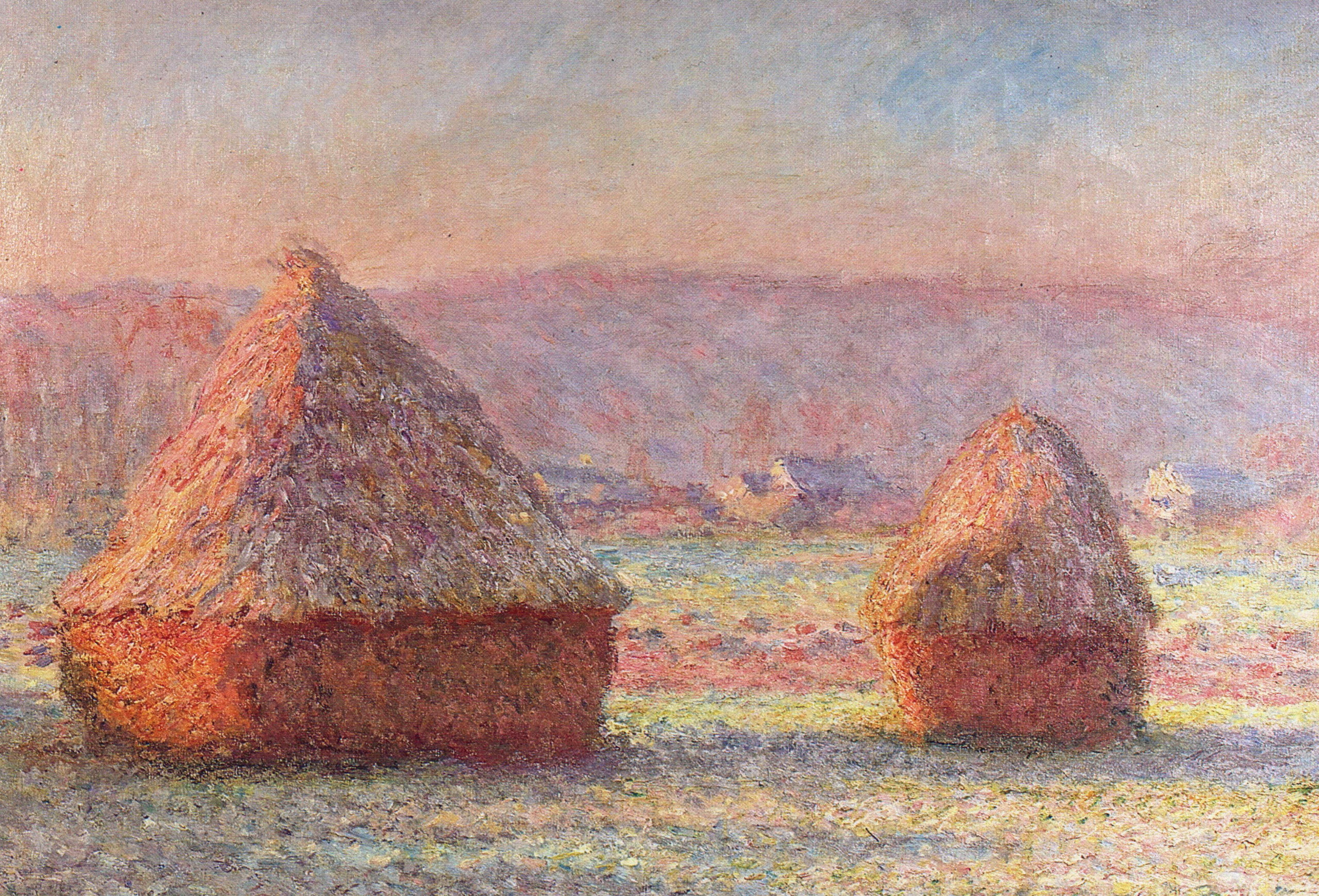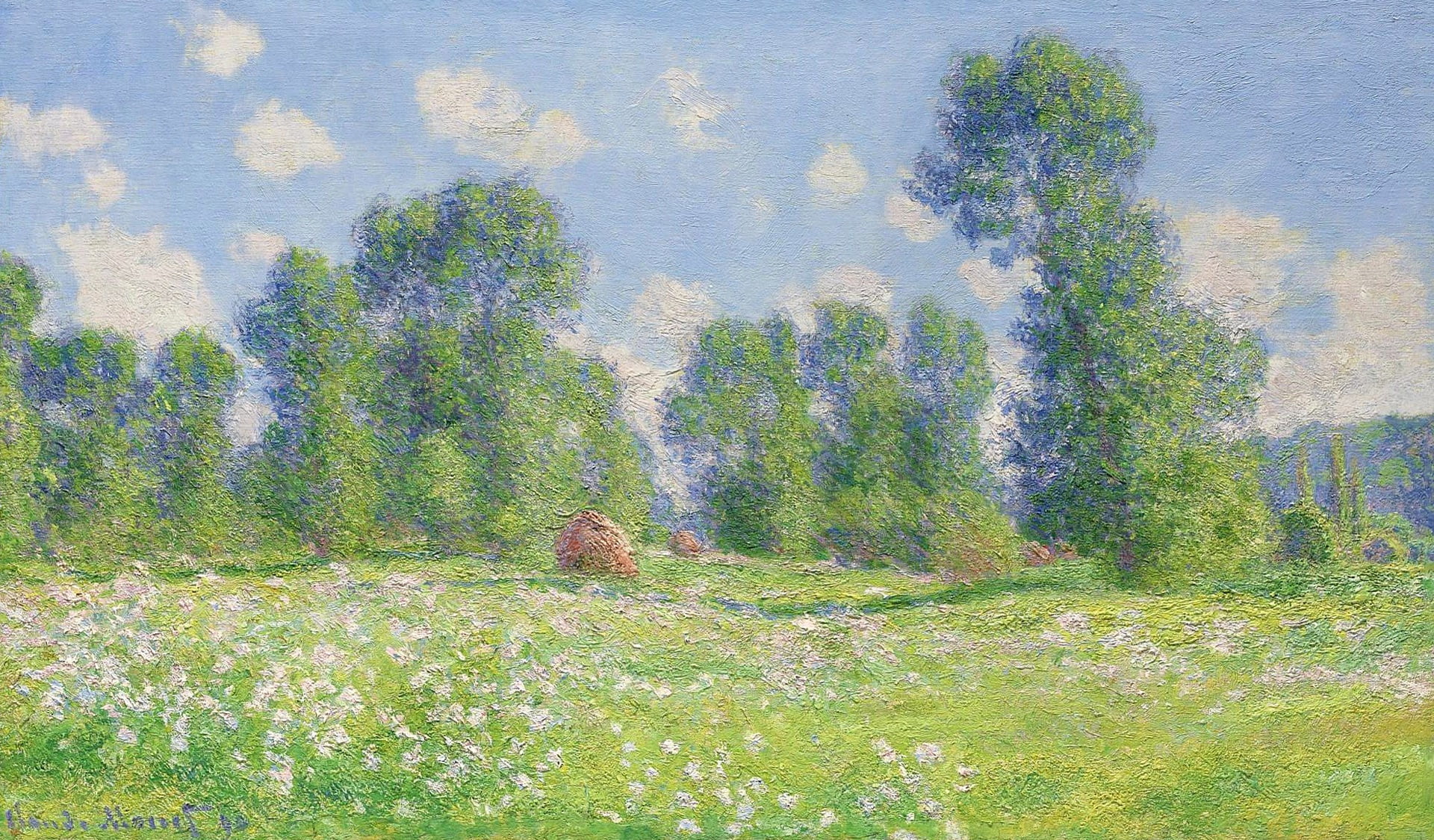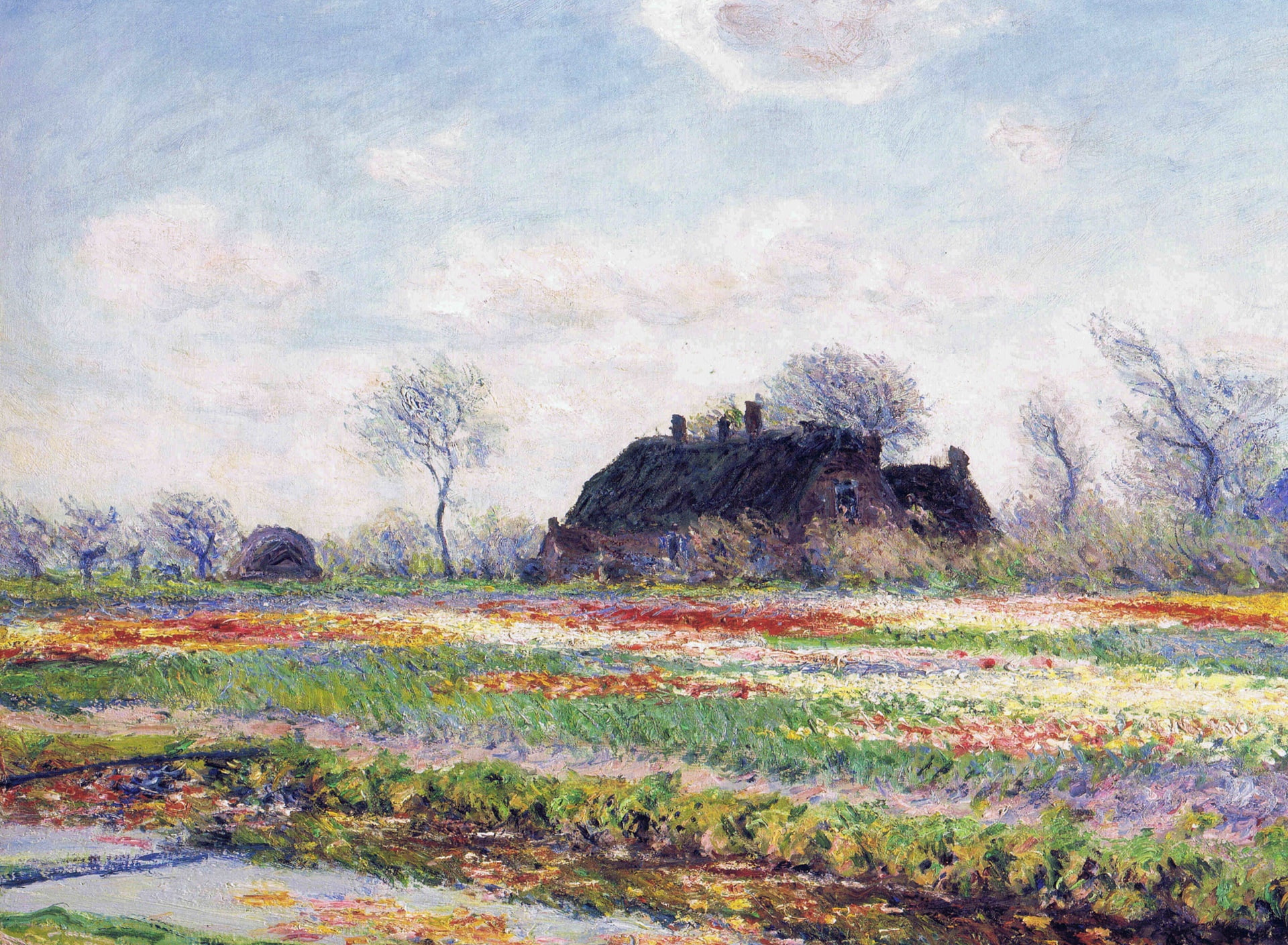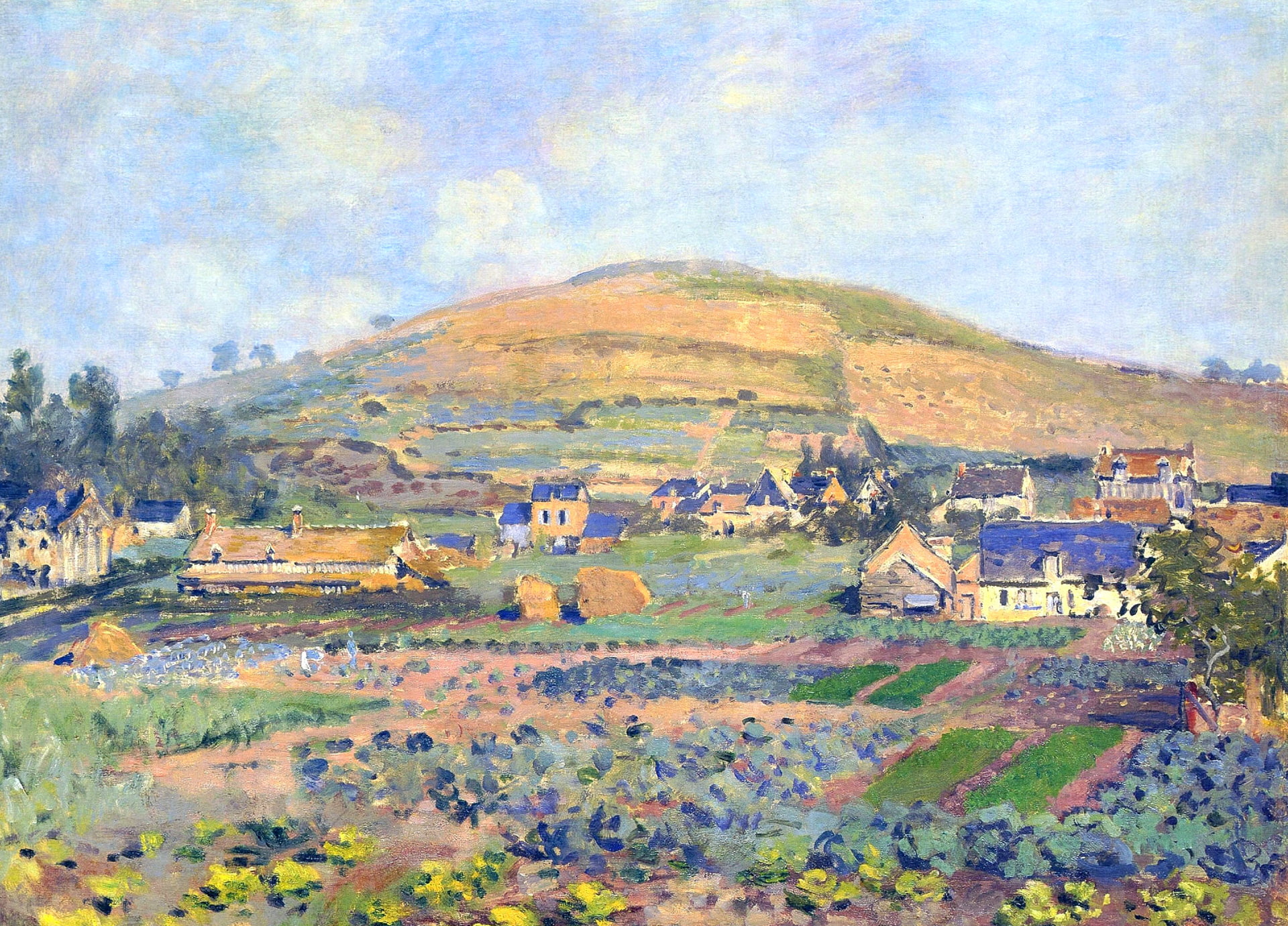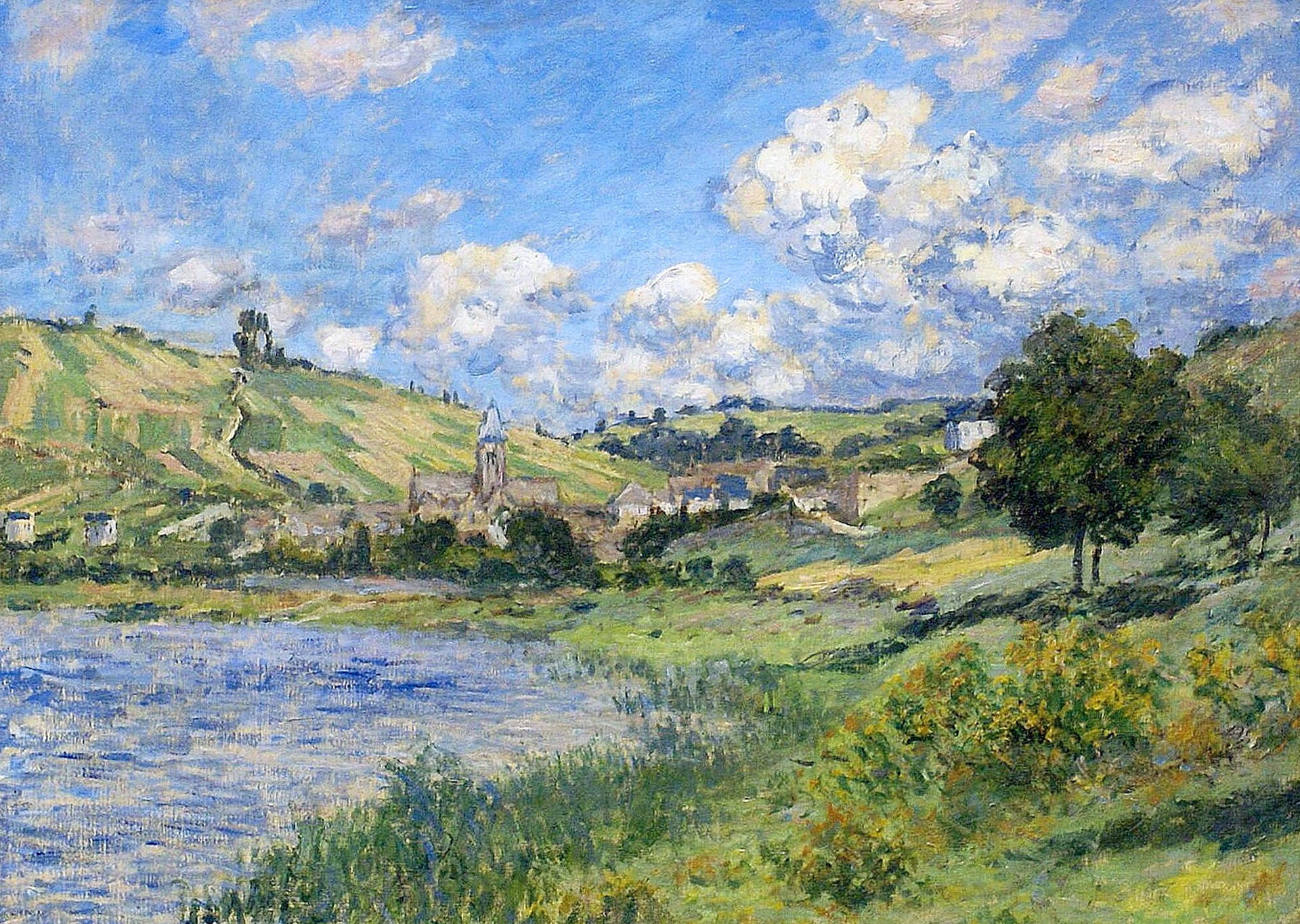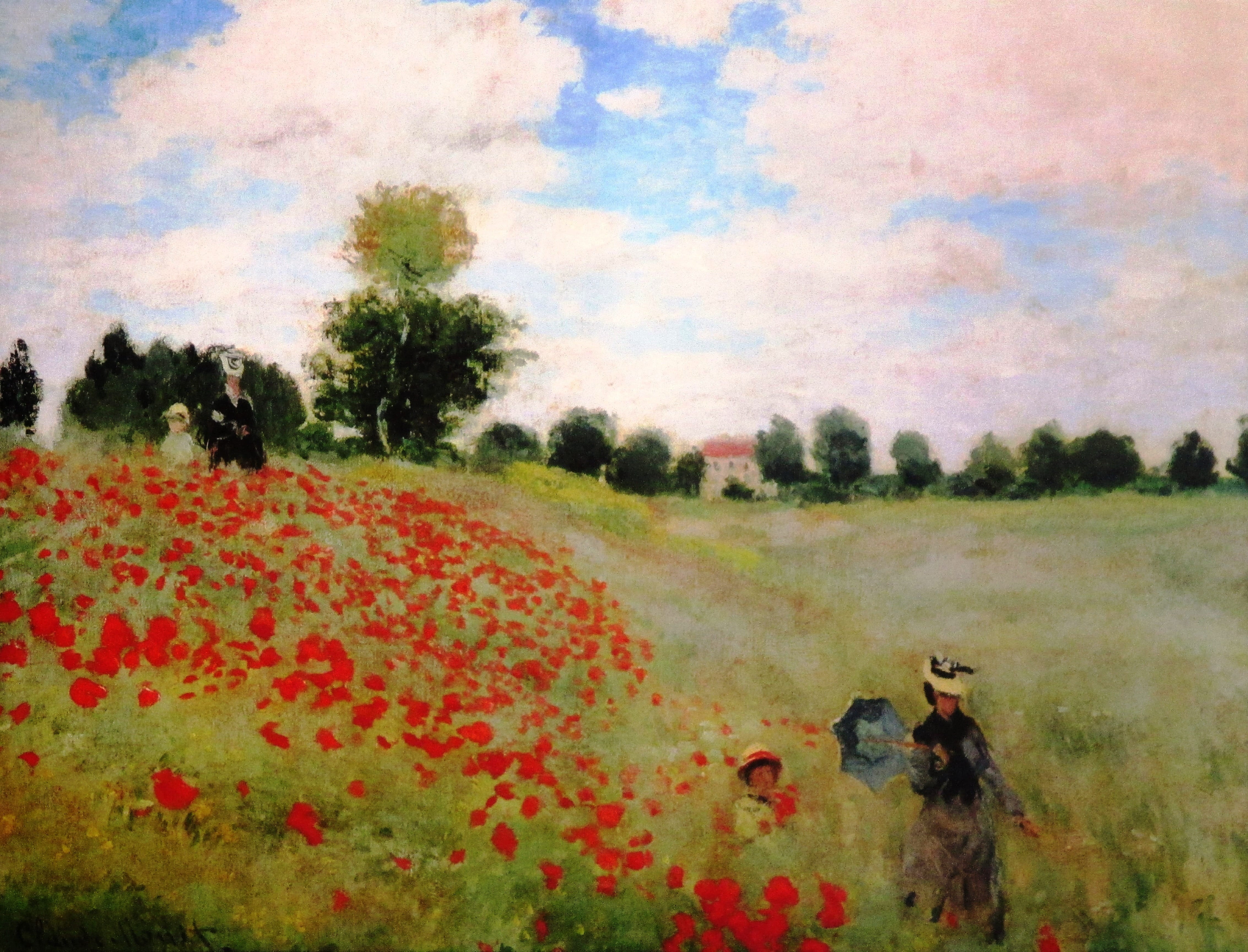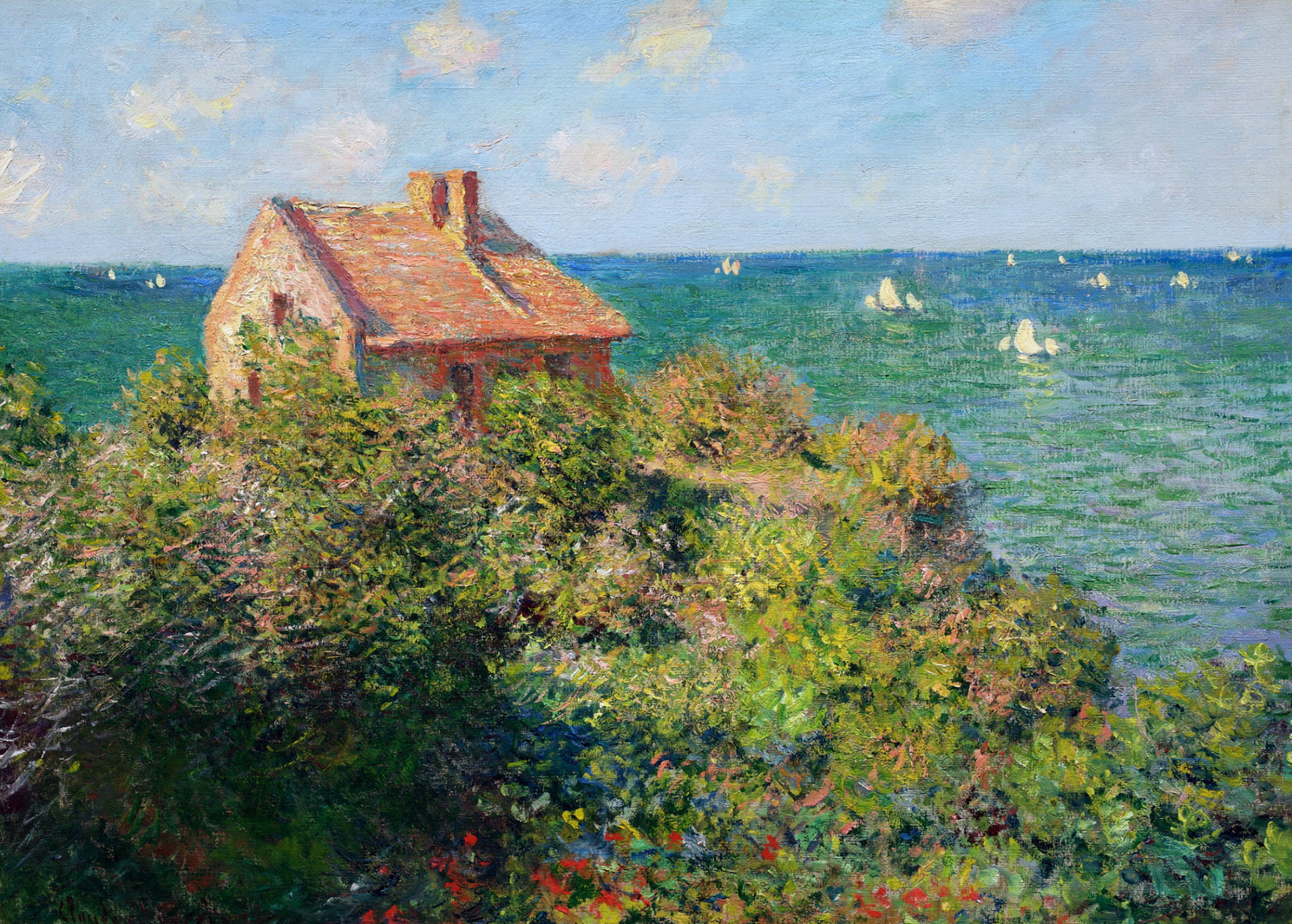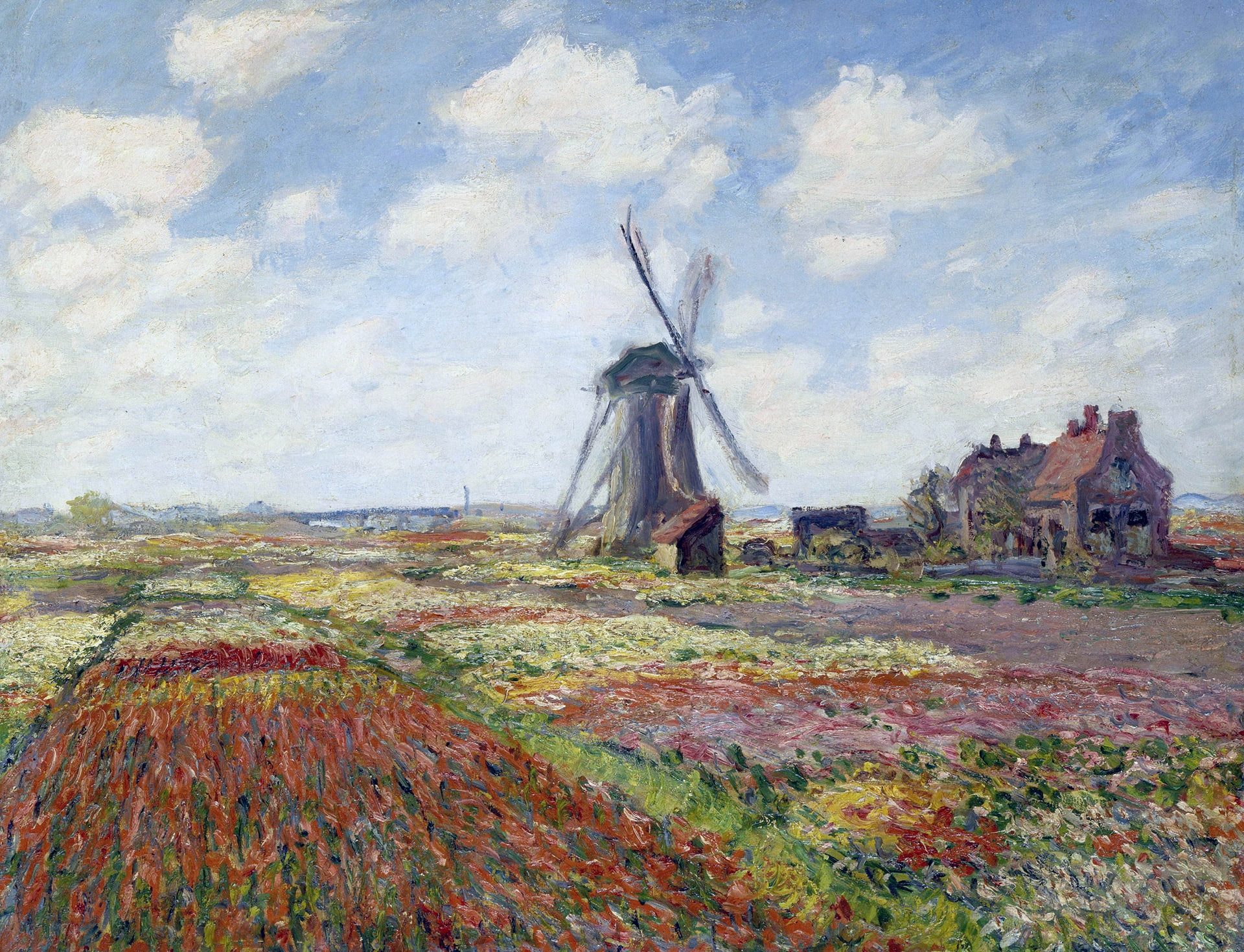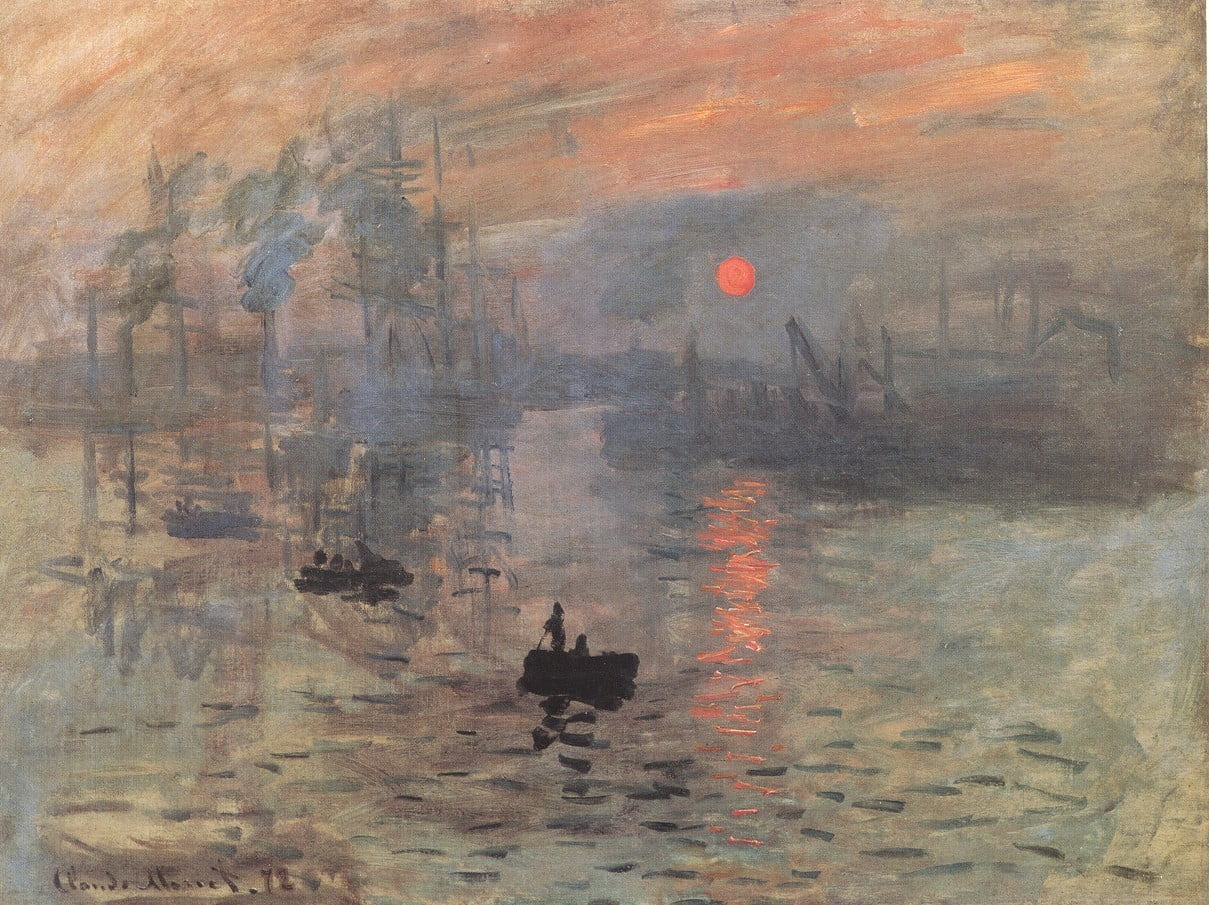storm had been predicted all week, the kind of forecast that made people overstock bread and coffee as if comfort could be purchased in bulk,
A storm had been predicted all week, the kind of forecast that made people overstock bread and coffee as if comfort could be purchased in bulk, but when the evening finally arrived it carried a quieter, more exacting temperament than the exaggerated warnings had promised. Rain began as punctuation—short, sharp taps on windows—then settled into a steady rhythm that rewrote the city's acoustics: gutters became rivers, tires whooshed through newly formed streams, and distant sirens loosened their edges into something almost musical. From my apartment window I watched neighbors transform their routines into small acts of adaptation: a man in an apron carried potted herbs to the stairwell to shelter them from the wind, two teenagers taped plastic over a cracked skylight with solemn, efficient gestures, and an old woman in a bright scarf set a chair by her door to watch the rain the way others watch television. On the street below, umbrellas bloomed like an improvised urban orchard, colors colliding to form new, accidental choreography as pedestrians navigated puddles and potholes with a practiced, diplomatic patience. A dog, having had enough of the damp, shook itself theatrically and stamped across a doormat, leaving paw prints that read like a comic commentary on weather and dignity. The café on the corner—whose windows fogged with the warmth of many steaming cups—became a temporary harbor; strangers crowded at small tables, their conversations knitting together into a soft, collective murmur. Someone read aloud from a battered paperback, punctuating the rain with lines of other people’s storms, while another person sketched the scene in quick, economical strokes, the page already a map of human gestures shaped by water. Lamps reflected in puddles made city lights look like lanterns in a shallow, moving sea; bicyclists navigated this mirrorworld with the caution of tightrope walkers. The smell of wet pavement rose, sharp and mineral, and reminded me of summers long ago when rain meant the end of heat and the start of small, secret rituals—hot chocolate in mismatched mugs, socks left to dry near radiators, the precise pleasure of pulling on a sweater that still held the faint scent of the outdoors. As night deepened, the storm’s volume diminished to a hush that felt intimate rather than ominous; the city exhaled. Pipes settled, neon signs blinked with modest pride, and in the windows across the way people resumed the small performances of domestic life: someone bent over an embroidery hoop, another person stacking dishes with deliberate care. I made tea and listened to the torrent write temporary geography across the roof—rivulets tracing the slope, the gutter composing its own drumming pattern—and felt, curiously, that the rain had done more than wet the streets. It had softened edges, slowed time, and made a dozen separate lives feel part of the same weathered page, proof that even ordinary storms can insist, briefly and insistently, that we are not alone.

